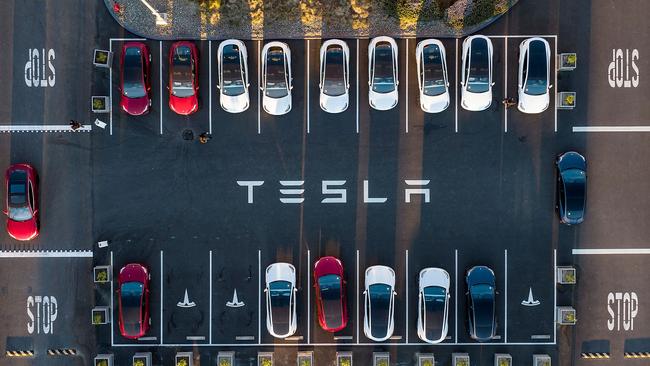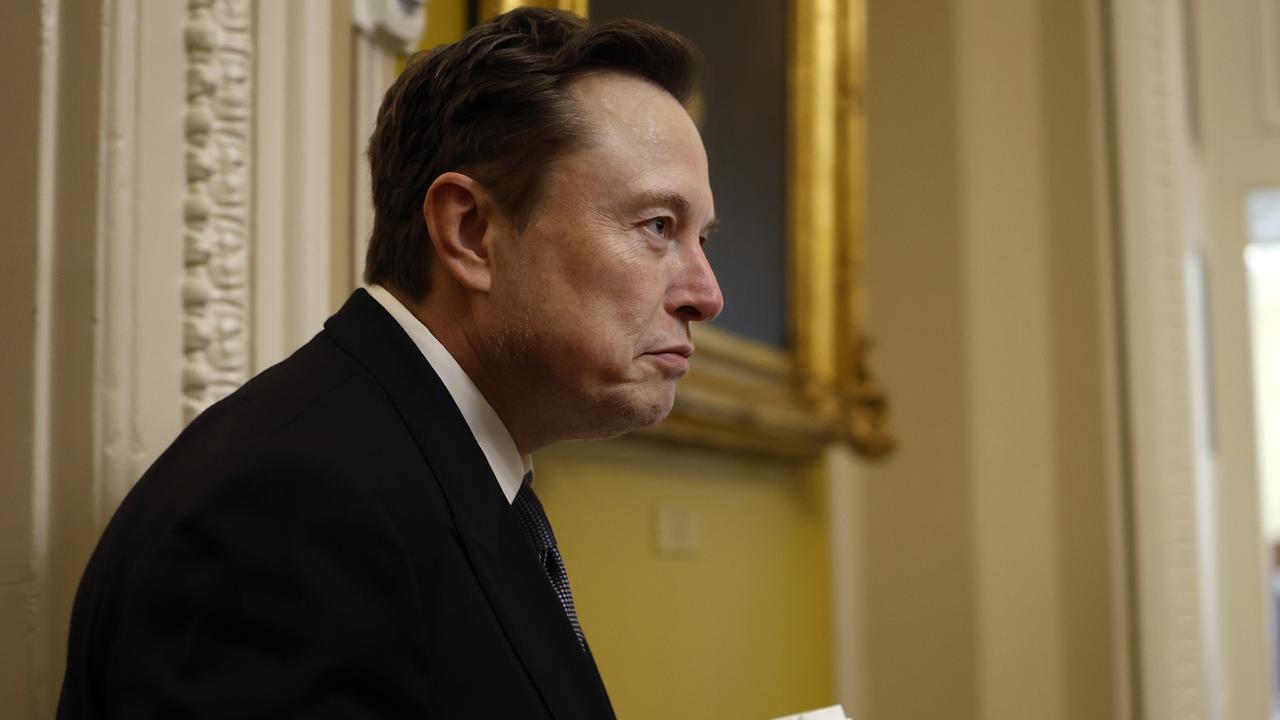Manufacturers grind to a halt in China as lockdowns expand
Component makers for Tesla and Apple are among factories that are struggling to keep operations going as China battles to contain the latest outbreak of Covid-19.

Manufacturers are struggling to keep some of their China operations going as extended and widening Covid-19 lockdowns choke off supplies and clog up truck routes and ports, heaping more pressure on the stretched global supply chain.
Stringent government measures to contain the country’s Covid-19 outbreak, the worst in more than two years, are locking down tens of millions of people, mostly in and around the industrial heartland of Shanghai. The curbs are keeping many workers at home, restricting output at some factories and closing others, including component makers for Apple and Tesla.
Tesla, which suspended work at its factory in Shanghai on March 28, still hasn’t set a date for restarting production, according to people familiar with the matter. The electric-vehicle giant said it is implementing Covid-19 control requirements and setting work arrangements according to government policies.
Volkswagen said two of its China factories, in Shanghai and the northeastern province of Jilin, remain closed through Friday and it is monitoring the situation day by day. German conglomerate Thyssenkrupp previously said it hoped to restart production of auto components, including powertrains and batteries, at its Shanghai plant this week, but is now targeting April 15.
Some Taiwanese electronic makers are shifting urgent orders out of China to other regions, or planning to ship half-made products from Taiwan to countries in Southeast Asia or North America for further processing, according to industry executives.
Even companies that have brought workers to live onsite to keep operations going are experiencing production difficulties because suppliers have shut down or component deliveries can’t get through, said Harald Kumpfert, a member of the European Union Chamber of Commerce in China who represents businesses operating in the country’s northeast.
Shipping and trucking companies are suffering long delays and the volume of goods moving through the port of Shanghai has fallen around 40 per cent compared with prelockdown levels, the chamber estimates. Cargo is being diverted to nearby Ningbo, mitigating the overall impact, shipping executives say.
China’s increasing problems come as the global economy and markets are dealing with the Russian invasion of Ukraine, rising inflation and the prospect of more assertive actions by the Federal Reserve to curb inflation. Mainland Chinese stocks endured their worst quarter in years in the three months through March, in part reflecting concerns that China’s antipandemic measures would hold back economic expansion and dent consumer demand. Some economists have cut their forecasts for Chinese growth this year.
What looked like a hiccup for many companies is now threatening to be an extensive shutdown, rattling service businesses as well as manufacturers. Activity in China’s services sector tumbled in March at its fastest pace since the onset of the pandemic.
More than half of US multinational companies in China have reduced their annual revenue projections following the latest outbreak in Shanghai, the American Chamber of Commerce in Beijing and Shanghai has said, citing a recent survey of members. More than 80 per cent of manufacturers reported slowed or reduced production.
Shanghai’s cases continue to increase despite a full citywide lockdown imposed April 1, with almost 20,000 new local infections recorded Wednesday compared with just over 17,000 the previous day, according to health officials. Full or partial lockdowns have spread to other cities surrounding Shanghai, including Jiaxing, home to many apparel makers.
About 30 miles away from Shanghai, a three-day lockdown was imposed late Tuesday in Kunshan, a city of two million people that is a crucial manufacturing base for electronics components used in mobile phones, computers and automobiles, industrial experts said.
Over the weekend, Kunshan officials started asking factories to shut down temporarily, with at least 40 Taiwan-based electronic manufacturers affected as of Wednesday, according to company filings and interviews with company representatives. Those closed included Eson Precision Engineering, a mechanical-parts maker for Tesla and Unimicron Technology, a printed circuit-board maker for Apple.
Apple didn’t immediately respond to a request for comment.
Industry executives say the lockdowns are also hurting Chinese demand for consumer electronics such as mobile phones and computers.
“We’re seeing that in smartphones,” Taiwan Semiconductor Manufacturing Co. Chairman Mark Liu told reporters last week. He said his company, the world’s largest contract chip maker, is also affected by the lockdown in Shanghai, but had kept production going by creating bubble environments.
In other places, escalating Covid measures have forced truck drivers who travel between cities and provinces to sleep in their vehicles for days or weeks, sometimes being denied entry or put into quarantine. Cross-country deliveries are frequently held up at provincial borders or city limits while drivers’ Covid test results and digital health certificates are checked, European chamber officials say.
In one online community for truck drivers, some swapped tips on how to get through certain checkpoints and avoid quarantine.
“Covid is everywhere,” one truck driver wrote on a popular online industry forum. “I have been staying at the same place for three days, not knowing where to go.” Shanghai also has the world’s busiest container port, with the value of imports and exports accounting for more than 10 per cent of the country’s total trade last year.
The port is staffed and operating more or less as normal – port workers have been designated essential workers – but getting cargo into and out of the port is proving difficult due to shutdowns of other industries across the city, said Tim Huxley, chairman of Mandarin Shipping, a Hong Kong container shipowner.
“It doesn’t bode well for an easing of supply chain bottlenecks anytime over the next few weeks or indeed months,” Mr. Huxley said. “It’s anything from electronics goods, domestic goods, furniture – you name a household brand or chain store in the US or Europe and you can bet they will have something stuck in a factory or on a truck coming out of Shanghai.”
The Wall Street Journal


